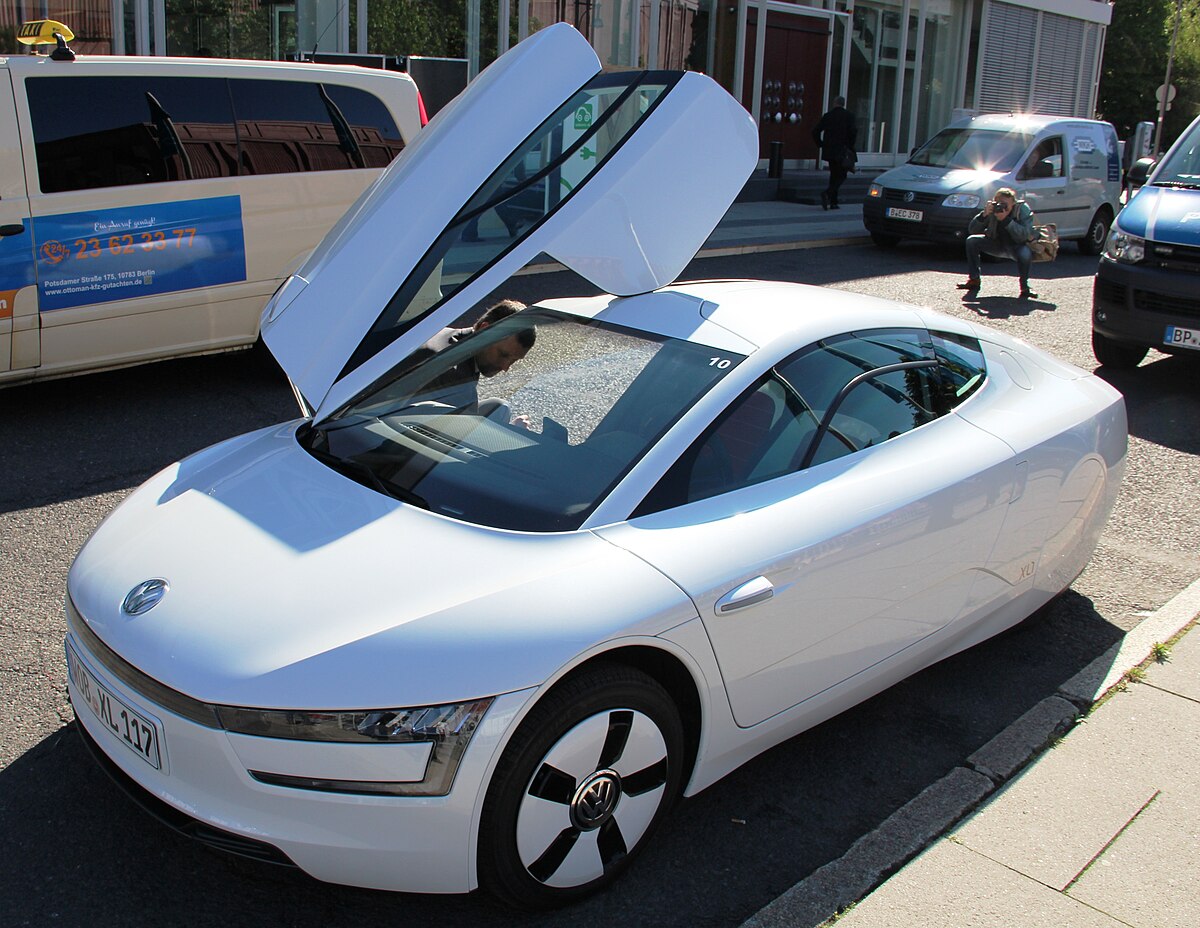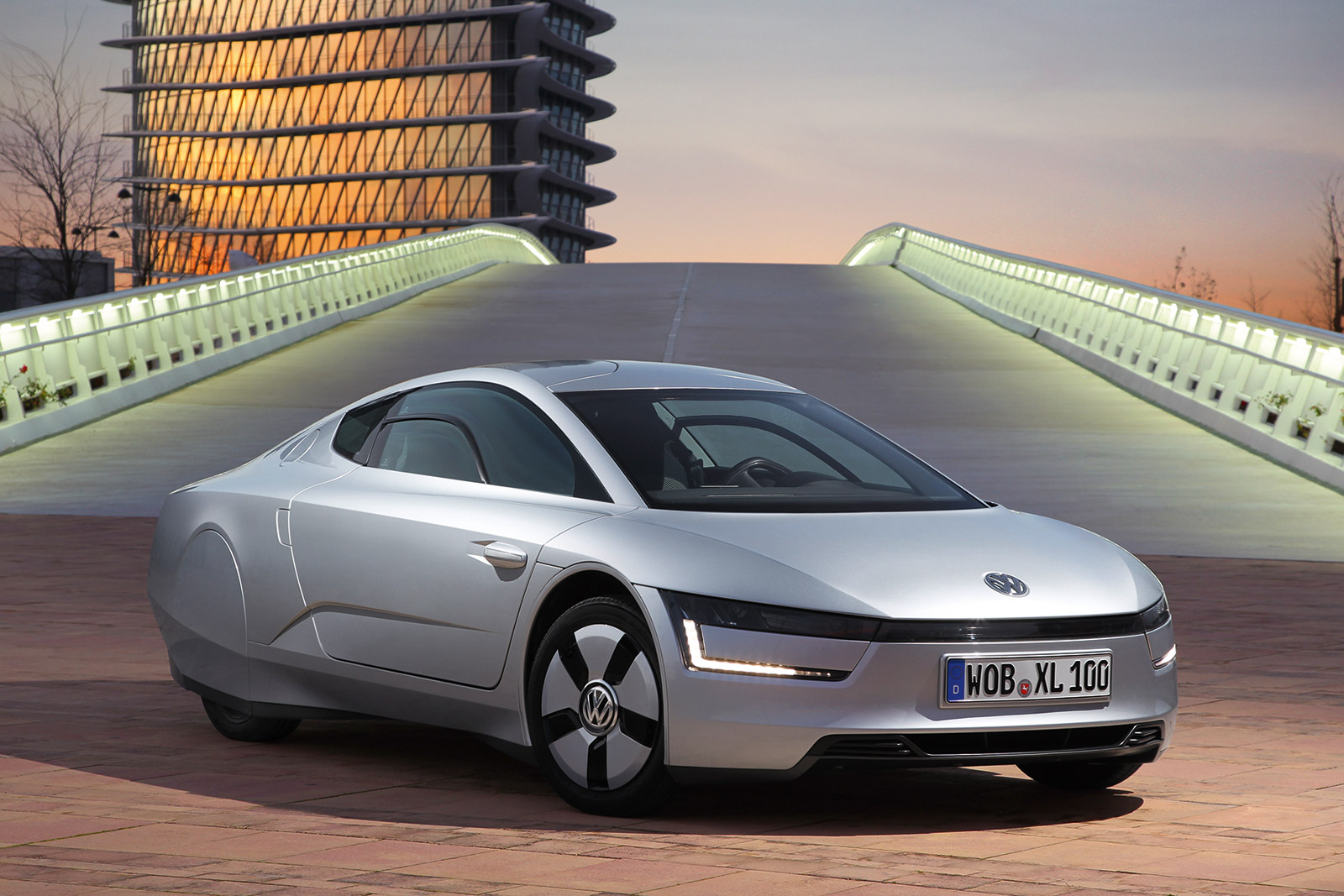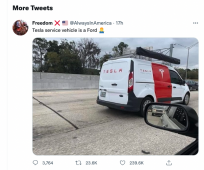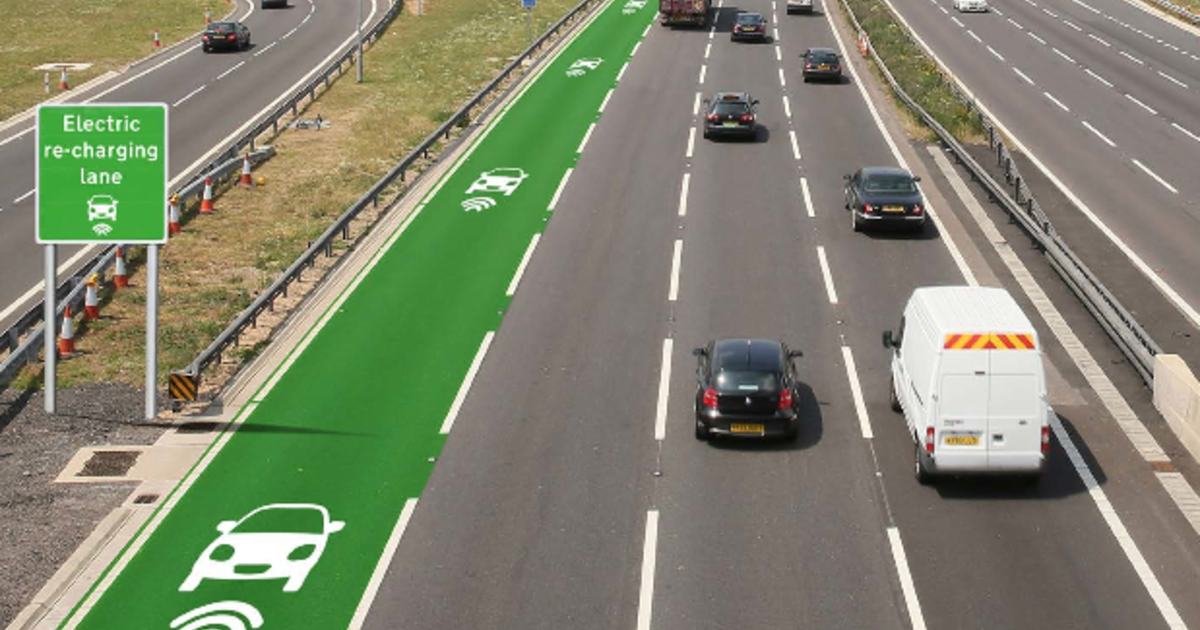Vigo
Solar Addict
I took an Audi training several years ago that said they are already spending more to build the wiring in the car, than the engine and transmission combined. So it is not 'just' a battery thing.my take is that we should hit a point where BEVs are significantly cheaper to build than PHEVs, but it is hard to know when we hit that point on battery pricing.
But someone else pointed out that a catalytic converter can cost as much to build as an engine, so ditching the ICE drivetrain is not 'just' the engine/transmission either.
Well, the i3 REX is somewhat like that, but Mazda for a while was developing EVs with a rotary engine as a range extender which i thought was very exciting. Rotaries can't cheaply be made to be efficient or clean across the huge speed and load range required to be the 'prime mover', but they can be optimized to be VERY good at a fixed load and speed, plus they have incredible power density and low NVH compared to piston engines. Alas, they never did release one as a production vehicle. Still kinda sad about it.Why aren't we making EVs with a small engine. Size it to make enough power to drive the car at 90 mph and make it run at a single speed load point, making it as efficient as possible at that single point.
It already exists, VW XL1I would love to have a PHEV with a Diesel Engine - the Audi/VW TDI 1.2L - 74 HP - gets amazing fuel economy at 2000 rpm - the VW Golf with that engine gets 78 MPG. Combine that with a electric drive - we would be looking at 120+ MPG

Volkswagen 1-litre car - Wikipedia





